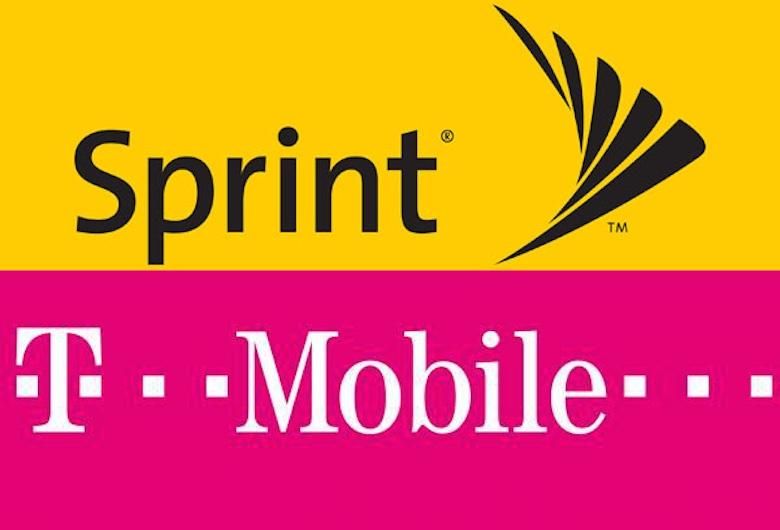T-Mobile has told investors that it expects to merge with Sprint, pending government review and approval, no later than the second quarter of 2019.
When it had announced the combination this past April, it has promised “5G leadership” at a time when the United States felt just a tad vulnerable from Broadcom’s failed takeover bid for Qualcomm as well as reports of plans to nationalize the 5G network circulating in the White House.
Since then, the largest concern that needed addressing turned out to be the prospective loss of competition in a fairly homogenous cellular industry. Smaller carriers buying wholesale access to Sprint and T-Mobile towers were worried about rate hikes. The government was also looking into whether links between Sprint and Chinese telecommunications firm Huawei were still in place even when they shouldn’t have been.
As it now turns out, T-Mobile had filed documents with the FCC earlier this month explaining that its main priority with the Sprint deal is not with 5G anymore. Instead, Bloomberg reports, the drive is against the nation’s largest networks — AT&T and Verizon, each with a larger wireless customer base than both Sprint and T-Mobile combined — and how the merged entity will better compete in the field. This was the largest factor that was pushed forward in a prior merger attempt between the two telcos from 2013.
Observers and lobbyists have observed that regulators were not convinced that the $26.5 billion deal was all about 5G. Antitrust inspectors at the Department of Justice are investigating the impacts of the deal and are consulting some of the constituent MVNOs that may be affected.
Still, market analysts are confident that T-Mobile has been able to message to the public that a larger company made of disruptors would be able to provide great value with beefed-up resources. That may placate the FCC’s muster as it is typically deferential to public comment on these matters, though it doesn’t take care of the Department of Justice investigation.

